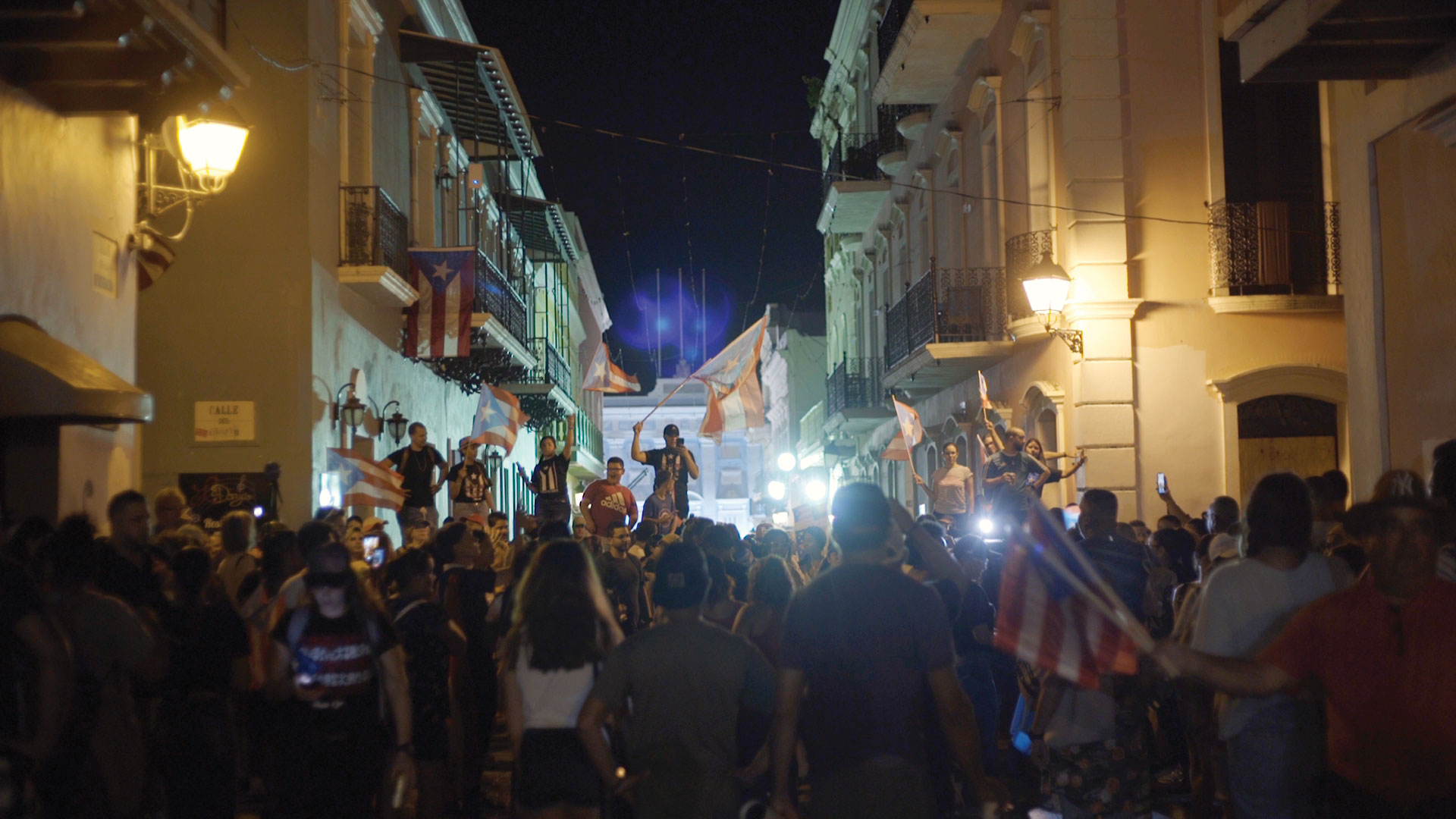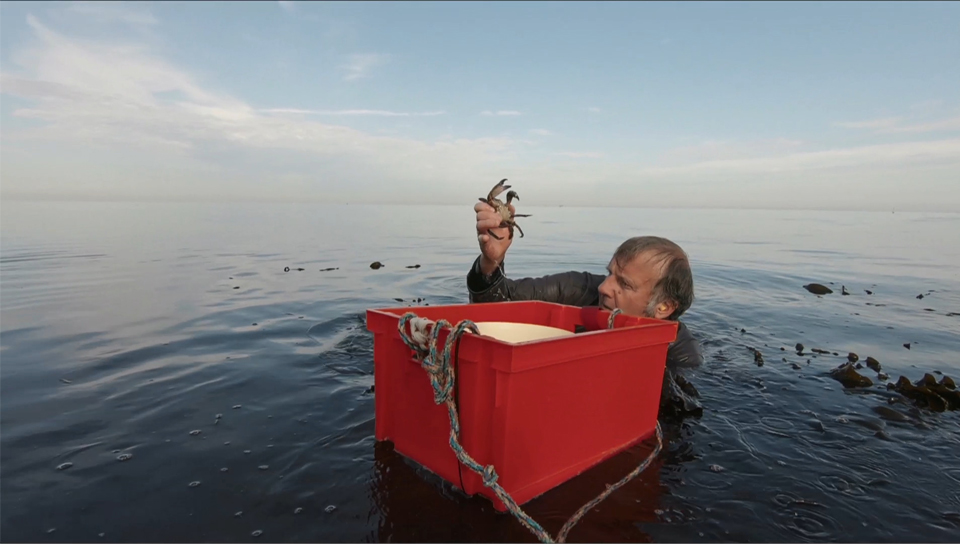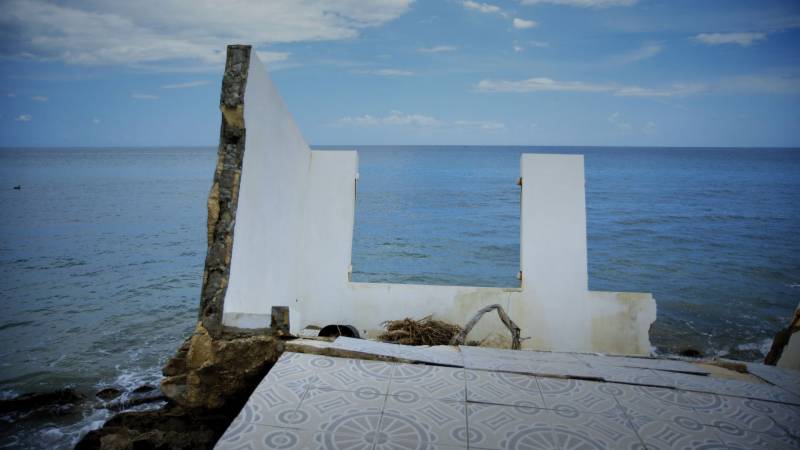The mini-moguls of SF IndieFest have added another winner to their array of satellite festivals (DocFest, Another Hole in the Head, SF Short Film Festival, Decibels). Wading into the wide-open spaces left by the fondly remembered and sadly departed San Francisco Green Film Festival, tireless programmers Jeff Ross and Chris Metzler launch the Livable Planet Film Festival today with an ambitious program of 20 features and several dozen shorts inspired by land, water, fire and air, and people whose lives are uniquely connected to the elements.
The opening night selection, Landfall, reaches out to us from post-Maria Puerto Rico a year after its Tribeca Film Festival premiere, and garlanded with awards from its pandemic-year tour of the fest circuit. Talented director Cecilia Aldarondo takes us on an impressionistic tour of the Caribbean island, skipping around to eavesdrop on intimate conversations—primarily with Gen Y and Zers—about the future of the beautiful yet economically troubled U.S. territory.

Landfall, like a great many documentaries, is necessitated by the abdication of crisis-happy, short-attention-span network and cable news. The film’s framing is miles from mainstream news’ rote cheerleading of capitalism: As one young Vieques woman puts it, “Hurricane Maria was like a big mop or broom with bleach. It swept everything away. And we were finally able to see how screwed we were!”
The screwing is partly political and entirely economic. Aldarondo blends chunks of 1950s and ’60s travel and industrial films with verité scenes of contemporary opportunists—hipster cryptocurrency profiteers, notably—to place debt-squeezed Puerto Rico’s recent cost-cutting measures in a long history of colonial exploitation rather than a unique case of disaster capitalism.
Landfall (which was co-produced by Oakland’s Ines Hofmann Kanna) will air later this year on PBS’ POV series. It’s especially relevant now as the infrastructure debate heats up in the continental U.S., and the opposition argues that spending that helps everyday people (as opposed to millionaires) is a wasteful use of the U.S. Treasury.

Christopher Leboucher, the visually impaired French protagonist of Martin Benoist’s The Crab Season, has no agenda beyond his daily low-tide outing in the Normandy waters he’s fished since he was a small boy. “Fished” is a broad term, for Leboucher’s forte is using his bare hands to find crabs and lobsters ensconced in the seaweed-covered rock formations. “It’s like a palace with lots of hallways and amazing places,” he effuses.


